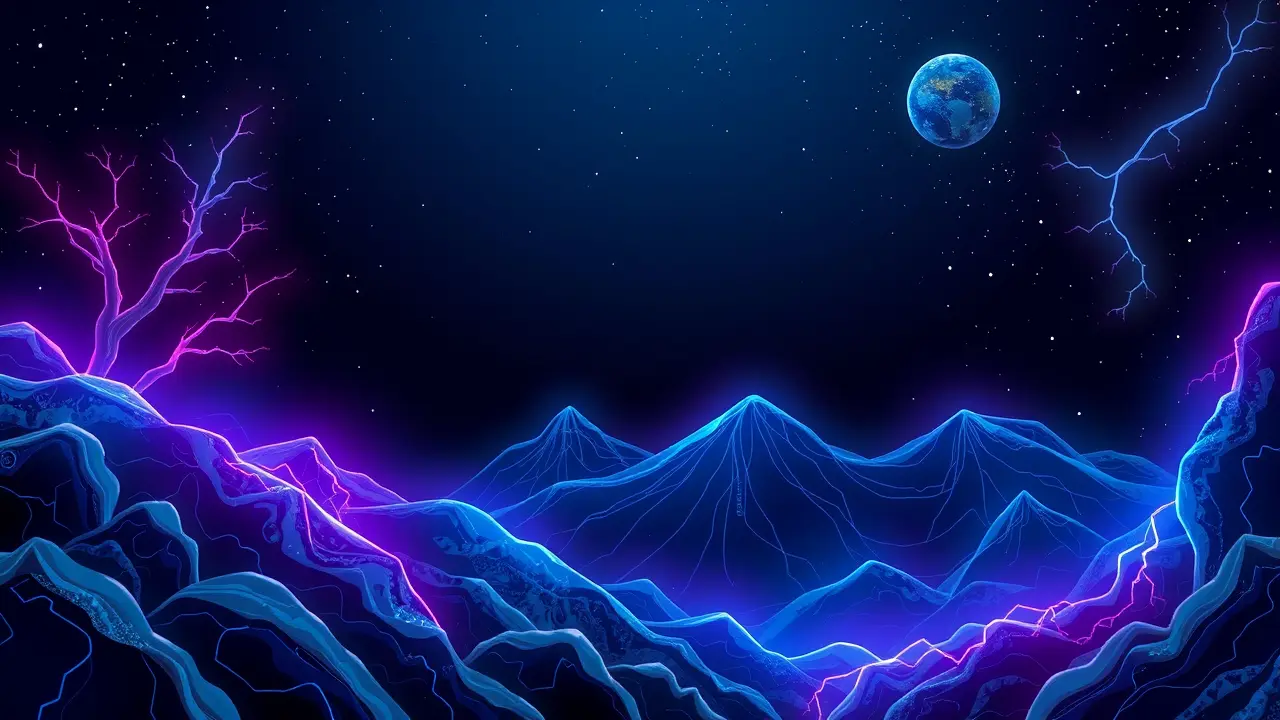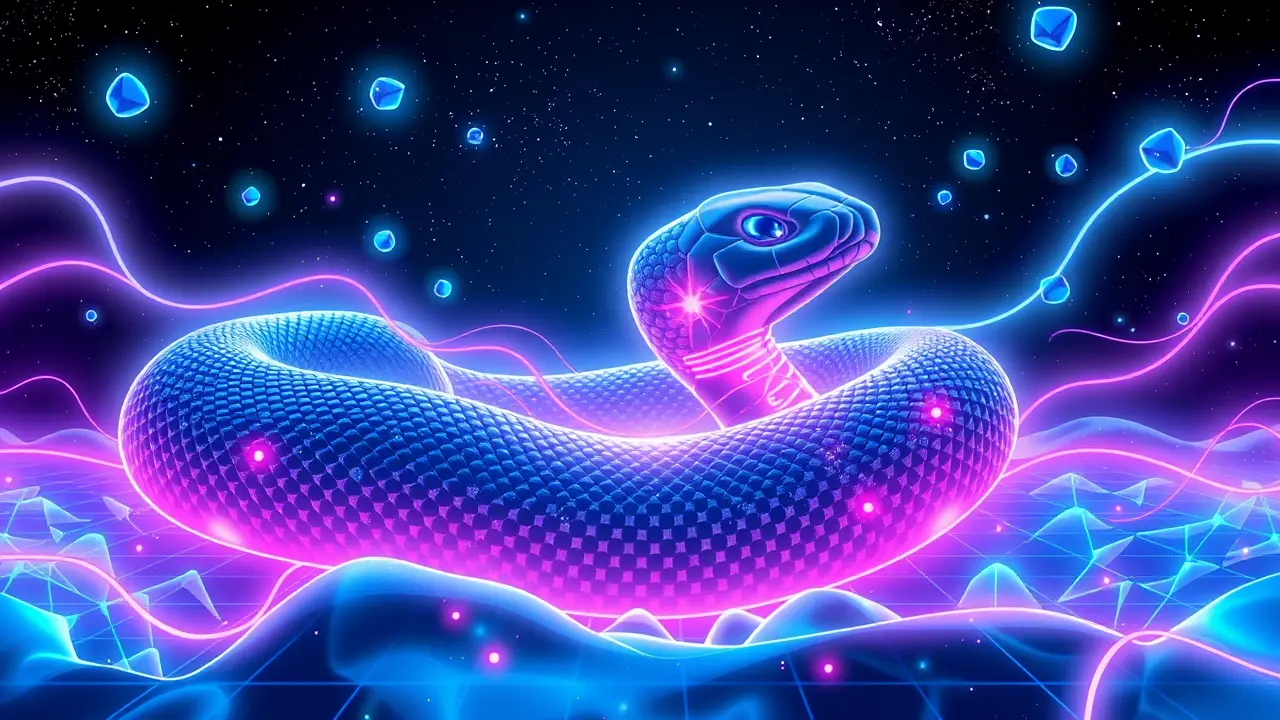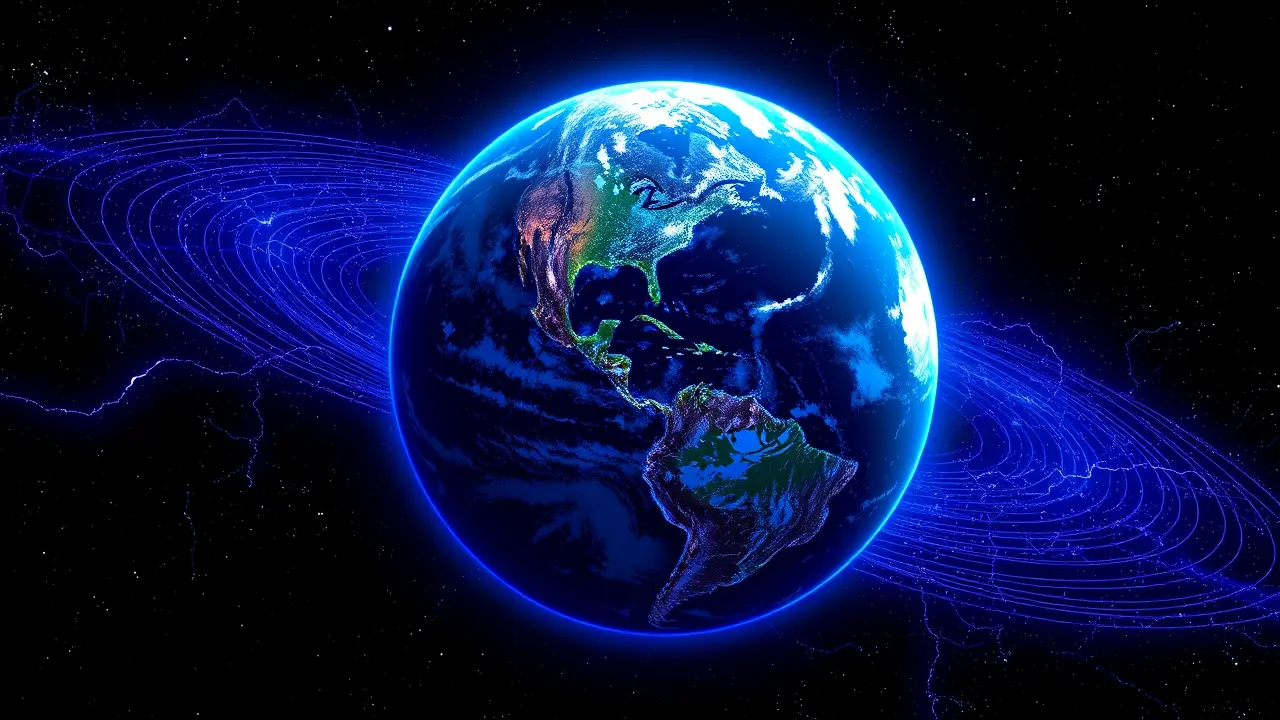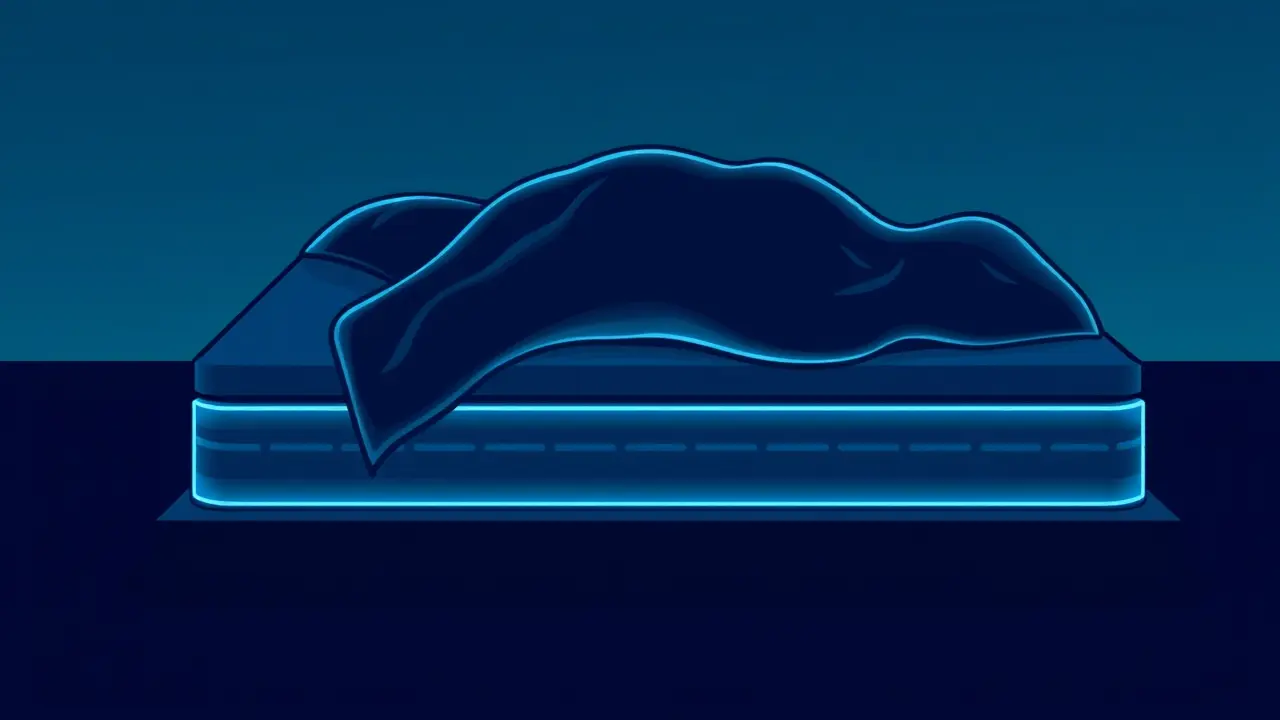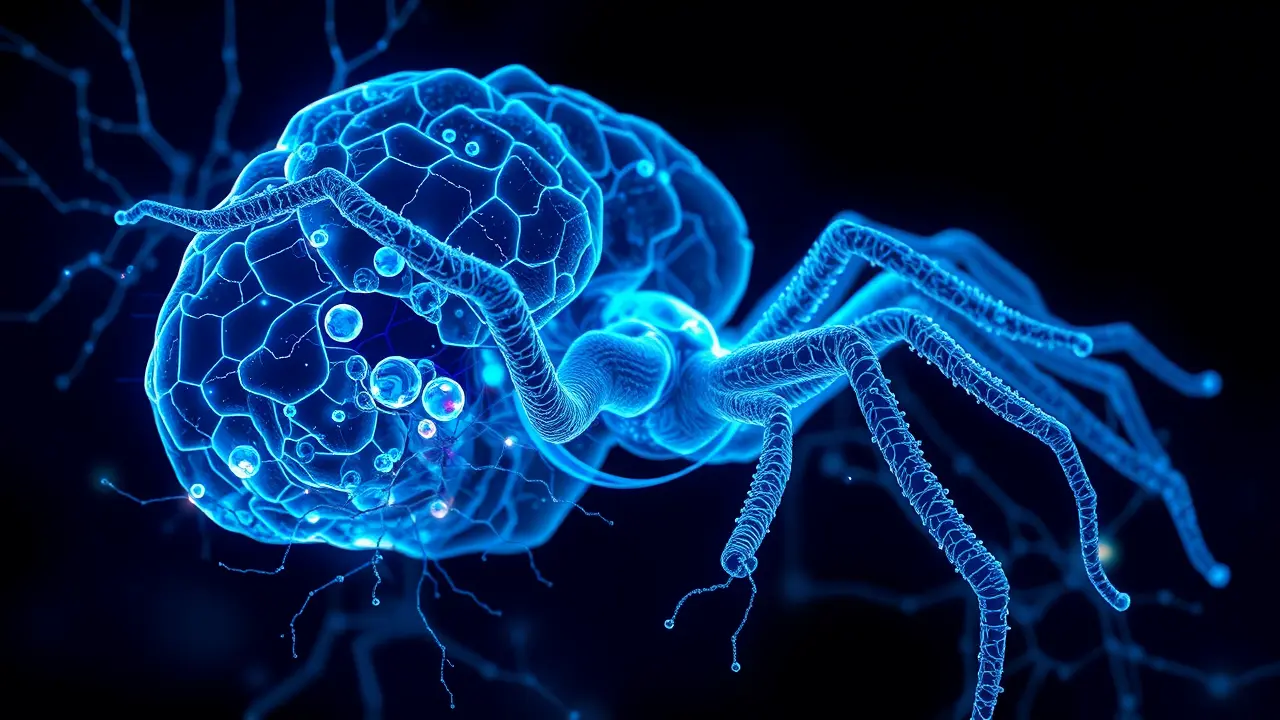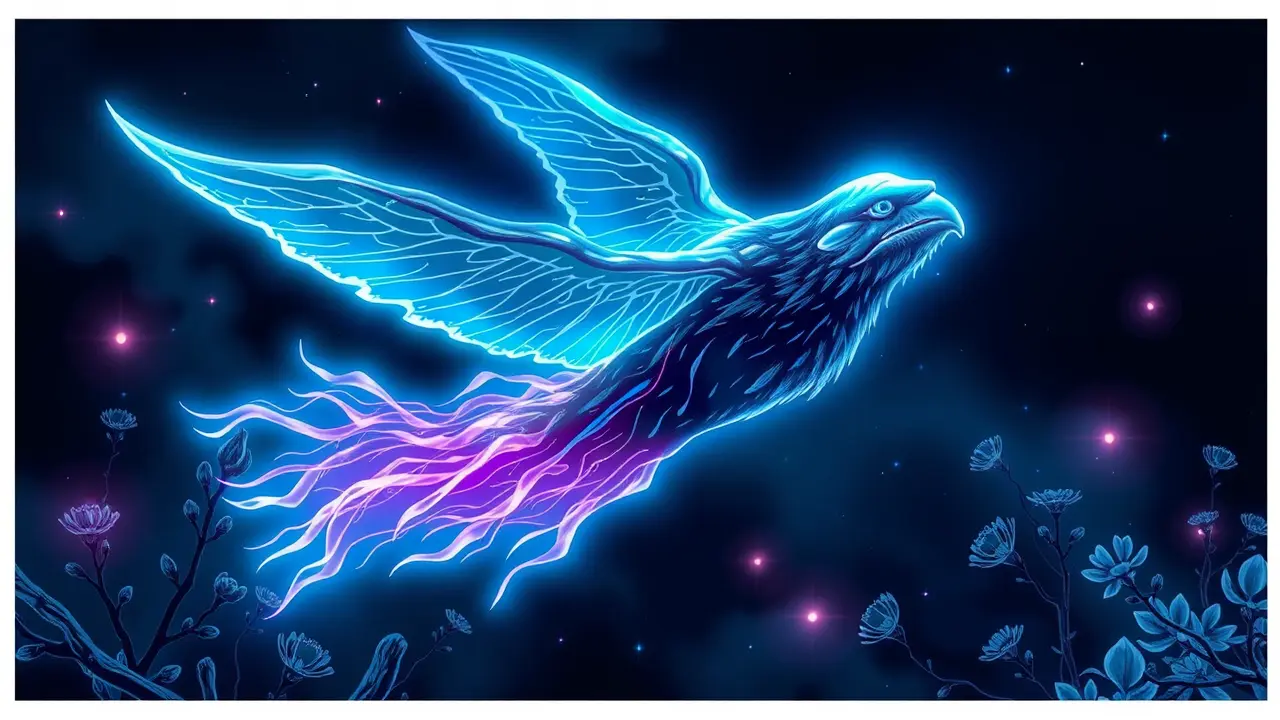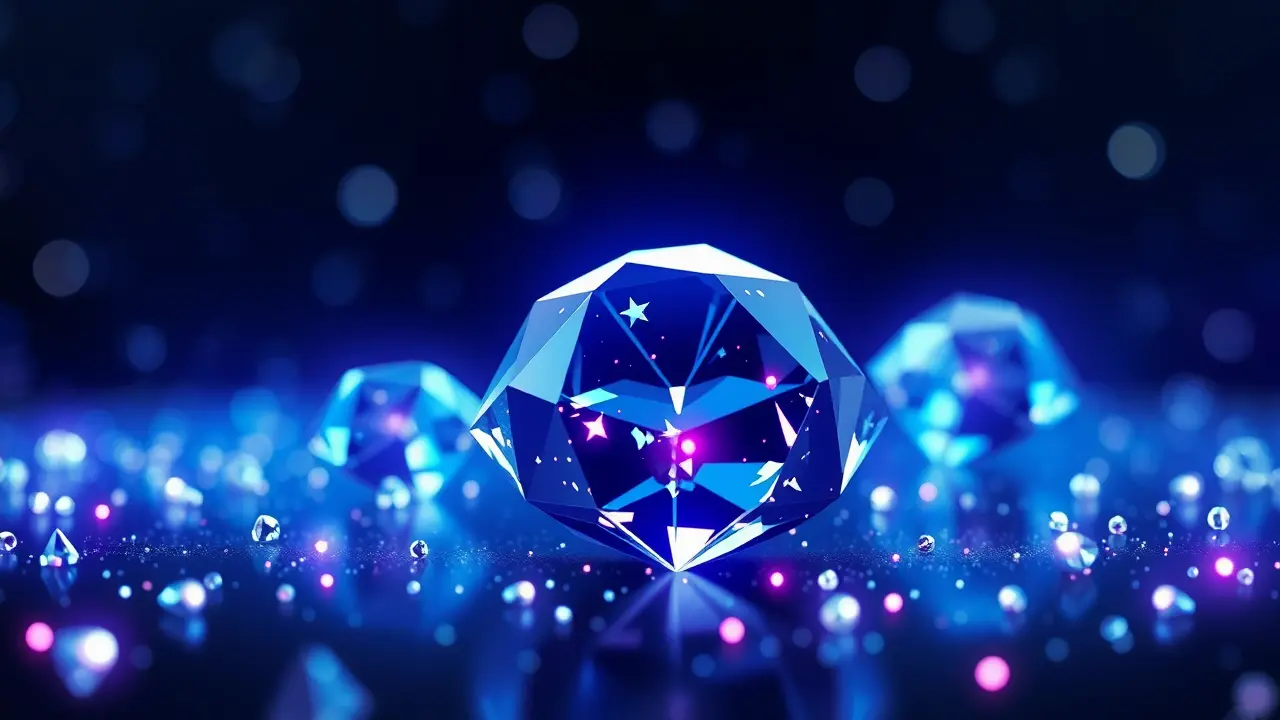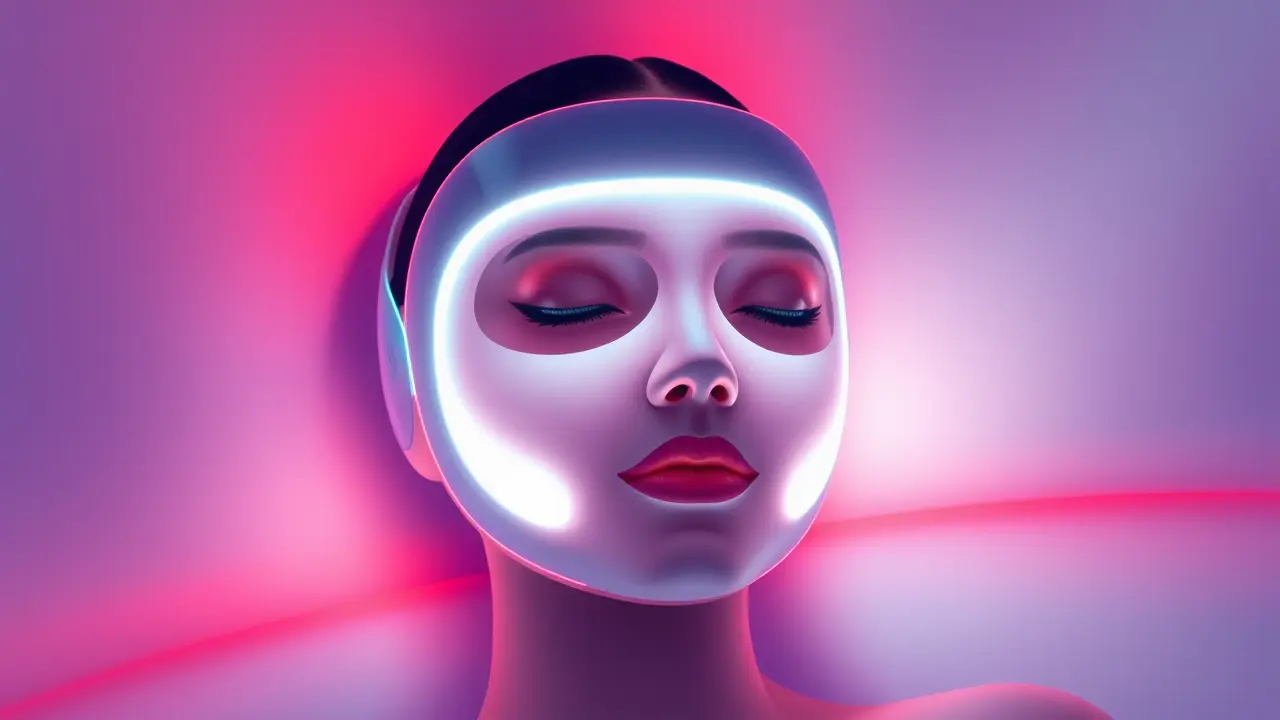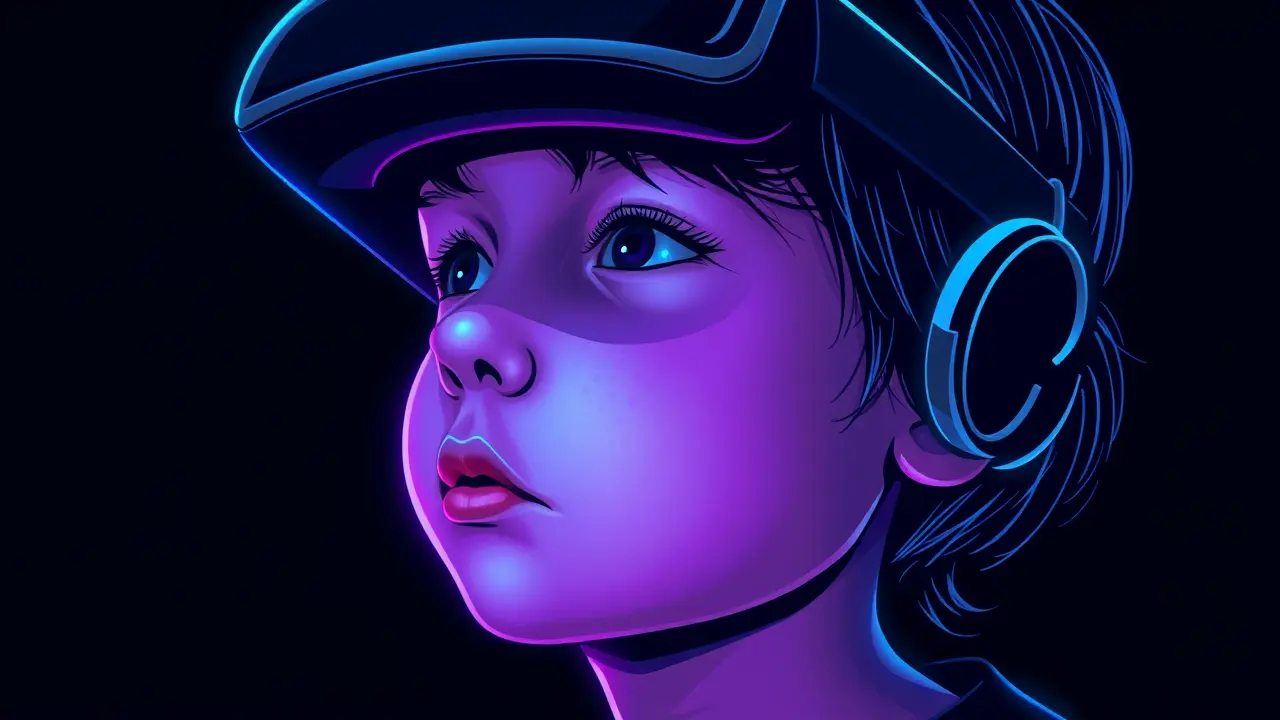
ScienceneuroscienceMemory and Learning
Scientists find mind trick that unlocks lost memories
LA
Laura Bennett
8 hours ago7 min read4 comments
It’s one of life’s quiet mysteries, the way our earliest years can feel both impossibly distant and startlingly close, a collection of sensations and images just beyond the conscious mind’s grasp. We’ve all tried, haven’t we? Squeezing our eyes shut, chasing the ghost of a feeling—the texture of a favorite blanket, the specific slant of sunlight in a childhood kitchen.Now, a group of researchers has stumbled upon a profoundly simple, almost poetic key to unlocking these lost memories, and it has less to do with brute mental force and everything to do with re-embodying who we once were. The breakthrough isn't a complex drug or a grueling therapy regimen; it's an illusion, a digital trick where an adult, through a virtual reality setup, embodies a childlike version of their own face.Imagine looking down and seeing smaller hands, a rounder face staring back from a reflection—a momentary, convincing return to a younger self. This isn't merely a nostalgic parlor trick.The science reveals that this shift in bodily self-perception acts like a skeleton key, sliding into the locked doors of autobiographical recall and swinging them open to release vivid, long-buried childhood memories with startling clarity. It suggests that our memory isn't a sterile filing cabinet in the brain, but a living, breathing thing woven into the very fabric of our physical being, into how we have moved through and perceived the world in this body, across time.I think of Sarah, a woman I once interviewed about her father’s old workshop. For years, she could only recall the smell of sawdust.But after describing a similar VR experience in a pilot study, her eyes widened as she recounted, with perfect detail, the feeling of the cold, smooth metal of a specific wrench he’d let her hold, the way the dust motes danced in a sunbeam from the window—a memory she hadn’t accessed in forty years. This connection between the physical self and memory has echoes in other fields; neurologists have long noted how patients with certain forms of amnesia can sometimes recall events when prompted with physical actions or familiar objects, a phenomenon known as embodied cognition.Dr. Anya Sharma, a cognitive neuroscientist not involved in the original study but who has reviewed its findings, told me over coffee, 'We’ve been too Cartesian for too long, treating the mind as separate from the body.This research powerfully demonstrates that the narrative of our lives is stored not just in neural pathways, but in the sensorimotor experiences of the body we inhabited at the time. To remember being a child, it helps to feel, even illusorily, like a child again.' The implications ripple out far beyond academic curiosity. For individuals suffering from trauma-related memory suppression or the early stages of age-related memory loss, this could pave the way for gentle, non-invasive tools for recovery.Instead of confronting a traumatic memory head-on, a patient could gradually reintegrate it by revisiting the physical self that existed before or during the event, potentially allowing for a less jarring reconciliation with the past. Furthermore, it challenges our entire approach to education and skill acquisition; if mastering a physical skill like playing the piano or a sport is so deeply tied to the body’s map of itself, could tailored virtual embodiments accelerate learning or rehabilitation after an injury? Of course, this new frontier is not without its ethical shadows.The power to unlock forgotten memories is also the power to potentially implant or distort them. If our sense of self is so malleable, what safeguards are needed to prevent misuse? The very tool that could help a dementia patient reconnect with their family could, in a darker scenario, be weaponized to create false childhood experiences.It forces us to ask profound questions about identity: are we the sum of our memories, and if those memories are accessible only through a digital proxy, what does that mean for the authenticity of our lived experience? Yet, for now, the overwhelming feeling is one of wonder. It’s a reminder that our pasts are not lost, but are simply waiting for the right context to re-emerge, often in the most human of ways—by reminding us, physically, of who we once were.
#featured
#memory retrieval
#neuroscience research
#childhood memories
#body perception
#cognitive science
#research breakthrough
Stay Informed. Act Smarter.
Get weekly highlights, major headlines, and expert insights — then put your knowledge to work in our live prediction markets.
Related News
© 2025 Outpoll Service LTD. All rights reserved.
